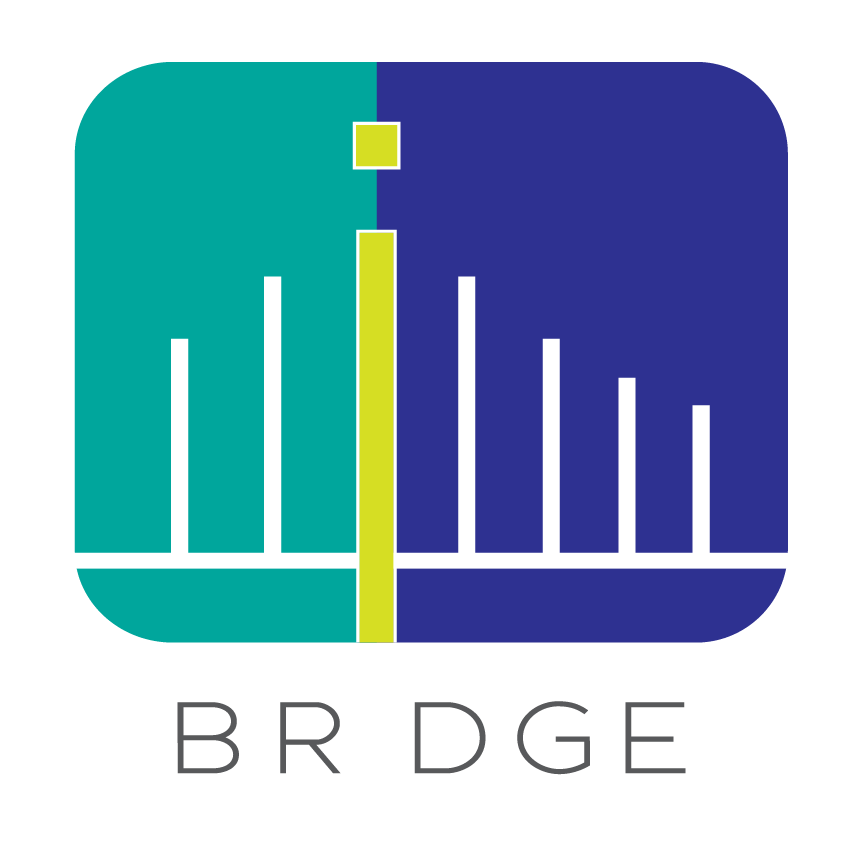How To Find The Right Financing Solution For Your Business
All businesses need capital to start or grow. Not everyone has the luxury of having the necessary money to develop their business ideas into fruition and finding people to fund your business can be a frustrating process.
This is especially true if you are a Small and Medium Enterprise (SME) – stuck between the “start-up” stage
More...
Our guide here seeks to help SMEs tackle the financing barrier by following the 3 steps below to help you choose the best financing solution suitable for your business.
1. Analyze Your Business Needs
It's always great to have some extra cash in your coffers when you need
The money you borrow can be used in multiple ways depending on the type of business, which growth stage you are at and your business objectives.
Are you starting a new company, looking for expansion or simply working on strengthening your firm through better cash flow management?
For instance, the money can be used for purchasing more equipment to enhance production processes, managing operational costs or renting a bigger office to accommodate increase in manpower strength.
Having a clear idea of what the money will be used for can help in choosing loans that are specific to your needs and help you in forecasting whether the cost of financing is justified in terms of the potential returns.
Analysing your business needs is thus the first step you should take before choosing the right business financing solution.
2. Sources Of Financing Solution
The first idea most business-owners have about getting financing will be to seek out the banks.
Banks are a traditional source of finance, but there are many other alternative financing solutions that can perhaps match your needs better.
Some alternative sources of financing include government-assisted loans, business financing platforms, alternative financiers and licensed moneylenders.
Within each funding source, they could also provide different types of loans and financing solutions.
Here's some interesting business financing solutions that are different from plain vanilla business loans:
Overdraft Facility – this is a credit facility that allows you to write cheques or withdraw cash where you only pay interest on the amount you overdraw.
Alternative Financing – alternative financiers help to bridge the gap for businesses who may not qualify for financing by banks. These financing platforms are usually more flexible depending on your credit rating and loan term.
Invoice Factoring - Factoring is the sale of receivables. Businesses can sell its accounts receivable (i.e. invoices to customers that will be paid at a later date) to a financier at a discount. This allows you to convert an invoice issued with terms granted to your customers into cash immediately. This method can help improve cashflow effectively.
Merchant Cash Advance – A merchant cash advance work on similar principles as invoice factoring. Cash advance providers offer businesses a lump sum payment in exchange for a share of their future sales. Instead of paying a monthly repayments, they directly collect a set percentage out of a business' daily credit card sales until they recover the cash advance amount and the cost of advance.
Due to the nature of such financing methods, it is more suitable for businesses that have strong credit card sales, such as those in retail and F & B businesses. The catch for takers is the cost compared with other financing methods.
Debenture Loans - Companies with existing assets that are not subject to any claims by creditors can leverage on these to raise working capital. Examples of such assets include property, land, equipment or vehicles that have been fully paid off.
3. Important Points To Look Out For When Choosing A Financing Solution
Do not just focus on the cost of payments (interest rates).
There are many other factors that are important as well, such as the minimum loan term, eligibility requirements, how fast you are able to get the cash, collateral needed, extra fees applicable and pre-payment penalties.
One significant point to consider is the way repayments are calculated. When one talks about “interest rates”, the percentage can vary widely depending on whether it is simple interest, effective interest rate or amortized interest.
The best way to understand fully the amount you need to pay each month is to ask for a payment schedule ahead so that you do not get a rude shock upon receiving your payment letter.
Some financing platforms reveal the identity of business borrowers. Consider if you are comfortable with that and assess the business impact on your company.
Lenders may also ask for a personal guarantee from the business owner - this requires the applicant to place a personal guarantee that will make him/her personally liable for the loan. When you do this, your personal assets and finances will become part of your business’ collateral.
There are many ways to finance your business without going to a bank. The key factor is to ensure the financing solution matches your business needs so as to optimize on the usage of the funds to increase your business returns.

Get the guide now!
Get the guide now!